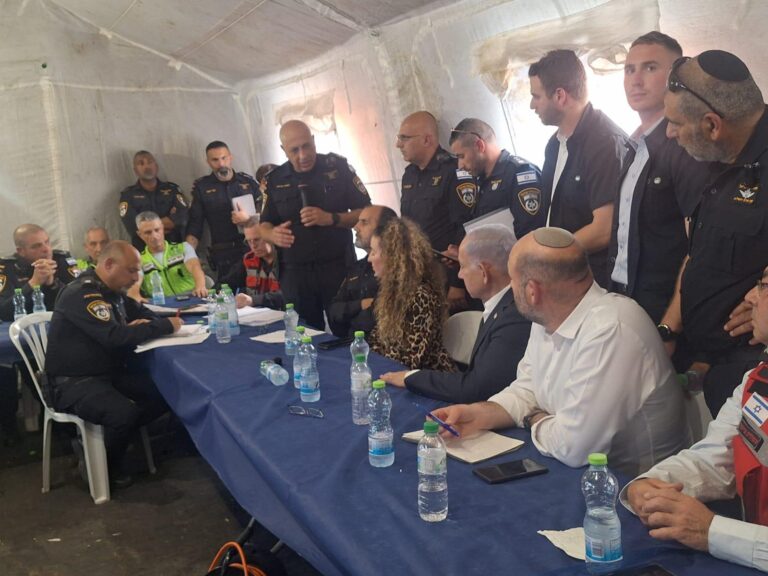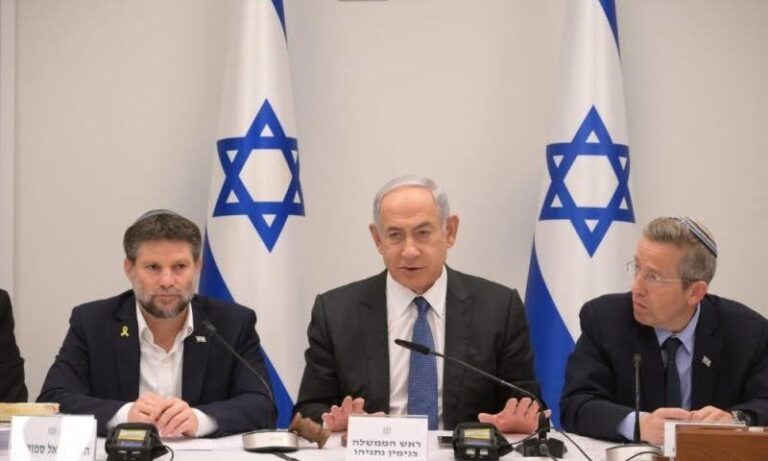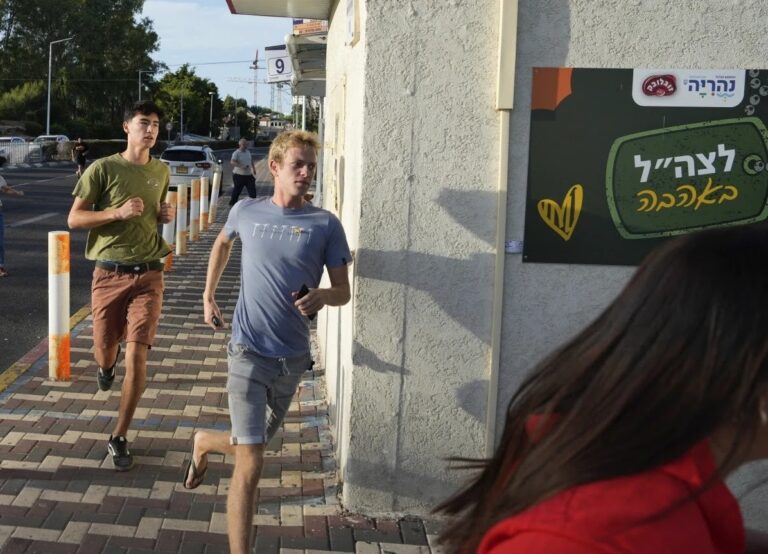As this article is being written, the political and military situation in Ukraine was very uncertain.
At the beginning of the week, U.S. officials claimed Russia could invade Ukraine at any time and might create a surprise pretext for an attack. It also pledged to defend “every inch” of “NATO territory”.
Meanwhile, Russia has more than 100,000 troops massed near Ukraine, but insists that they have no plans to invade. As of Tuesday, it appeared that Russia was pulling out some troops in an attempt to at least portray an image of deescalating the situation somewhat.
TH
All of this has placed the vibrant Jewish community in Ukraine in an extremely perilous situation. Rabbi Gershon Hellman of The Shopper spoke to Rav Yaakov Bleich, Chief Rabbi of Ukraine, to hear a bit about the current situation. This article was written on Tuesday afternoon and reflects the situation on the ground at that time. It is very possible that circumstances will be very different by the time The Shopper is in the hands of our readers.
Please tell us a bit about Ukraine’s Jewish community. How many Jews live in Ukraine?
There are 360,000 Jews in Ukraine. 60,000 of them live in Kiev.
How many of them are connected to the Jewish community?
As Chief Rabbi of Ukraine, I have a responsibility for all of the Jews of Ukraine.
There are a few thousand people who are associated with our community in Kiev on a regular basis.
How many Jews come to Ukraine every year to visit mekomos hakedoshim and the like?
A few hundred thousand.
Please tell us about the community infrastructure.
The community owns several shuls, two school buildings, a kosher hotel and an assisted living home.
In total, we own seven buildings that have to be protected.
Don’t you have security all year round?
We do have lowkey security all year, probably similar to what you have in America, but now we needed to get what is known as “militarized security”, which means real armed professionals. This isn’t necessarily related to a potential war; it is more of a safeguard to ensure that no one should let out their anger through antisemitism and that there shouldn’t be any provocation. It has happened n the past that the Russians have sent people to attack Jewish places so that the Ukrainians should look bad.
I assume that’s a very large expense.
It’s a huge expense.
You also have to realize that we are losing local money because of the unstable matzav. The financial situation is very fragile and unstable because of the situation, and people are afraid to part with their money.
America and Israel advised their citizens to leave Ukraine. Have a lot of people left?
The tourists and people who don’t really live here left, but the Rabbanim and full-time residents – even those who may have other citizenship – are staying with their kehillos.
It’s true that the Israelis and Americans are advising people to leave, and the Israelis pulled out all the employees of their state who work in Ukraine. This did create a certain amount of fear amongst the community. Until now, we knew there was tension but no one was running away. Now, the Americans, British, Israelis, Canadians etc. are saying that something could happen this week and that the big cities like Kiev are in the most danger if war does break out.
As a “just in case” measure, we are preparing our summer camp campus to house people getting away from the city.
Our camp is located 100 kilometers to the west of Kiev, which is considered a much safer area. We had to prepare the camp within a matter of a couple of days to be ready to house members of our kehilla for a few weeks, until the potential danger passes. The group that is going there includes bnei Torah, Kollel families, families who send their children to our schools and attend our shuls, as well as children of many families who live near the border and want to make sure their kids are safe.
What work needed to be done to the camp to prepare it?
First of all, we needed to purchase a generator. Intelligence experts are saying that the first thing the Russians would do if they invade is attack the electric grid, so we needed to get a good generator. We also needed to winterize some of the buildings by installing heating and to stockpile enough food to last for a few weeks. We had to do all of this in about two days.
Our cheshbon now is to be prepared to be there until Purim and, with Hashem’s help, the situation should be better by then. If it isn’t, we will make arrangements to stay longer.
We do have to go immediately because if anything does happen, the roads may be closed and it may be impossible to travel later.
How many people can you house in your camp?
We have space for 320 people. If we need to, we also can rent the property next door, which will allow us to house another 200 people.
You also have to realize that some people have left on their own already and gone to small towns like Mezhibozh. There also are residents of Kiev who can’t leave, such as our nursing home residents. For them, we have to maintain the armed security around the buildings there are in.










